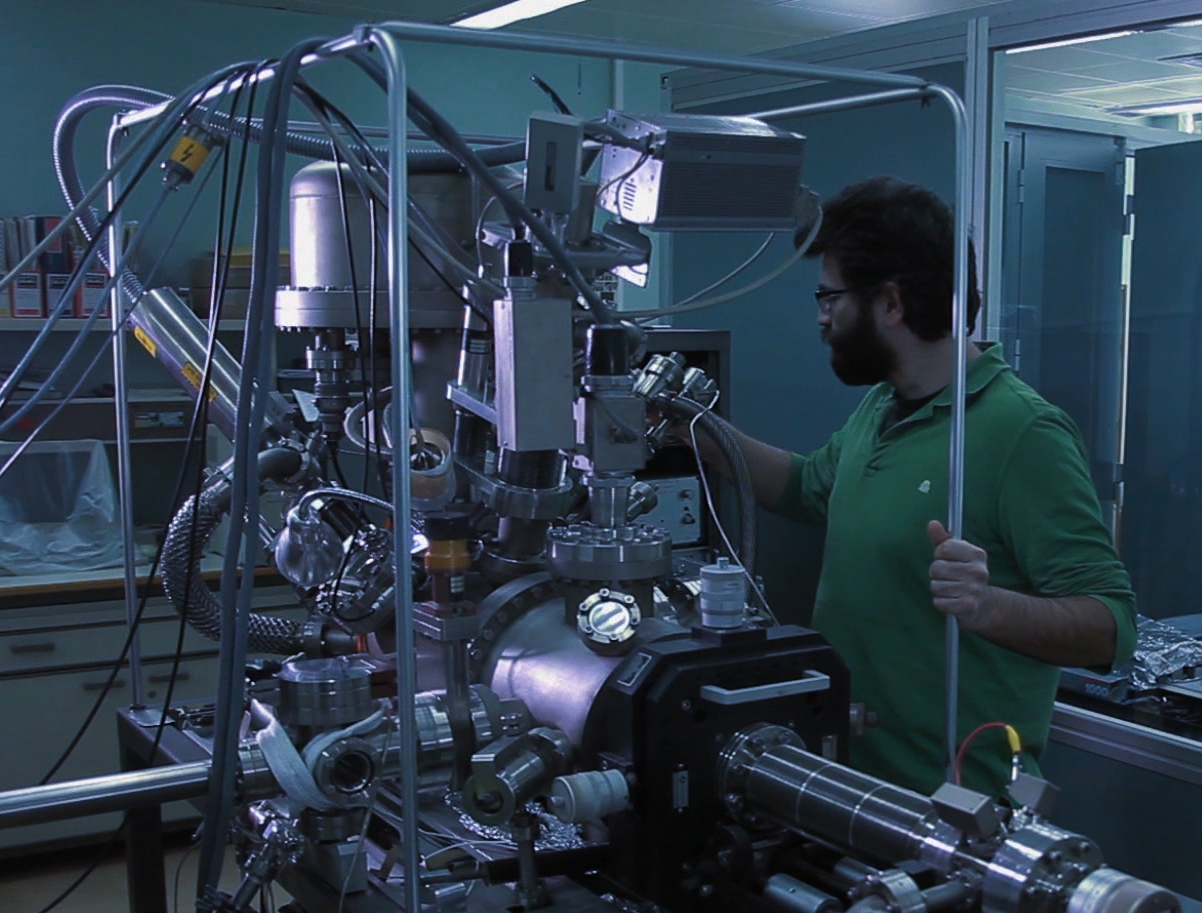Economics of Technology and Innovation

Course ID:
Semester: 5th
Year of Study:
Category: Economics Elective
For Erasmus Students: Όχι
Learning Outcomes
By the end of the course it is expected that the students will have developed adequate knowledge of:
- The key concepts and theories of innovation and technical change (from the classical Schumpeterian approaches to the contemporary “systems of innovation” and “knowledge economy” approaches).
- The spatial dimensions of technological innovations: innovative networks and clusters, regional systems of innovation, innovative and learning regions, science cities.
- The spatial policies for innovation in the EE (technopoles and technopolises, science and technology parks, incubators, BICs, RTP, RIS, RIS+, PITTS programs etc.), the spatial policies for innovation in contemporary Greece, as well as the basic framework for the organization and planning of spaces for the location of innovative economic activities (especially science & technology parks).
Course Contents
Technology, technical change, patterns of technical change. The notion of technology: from the linear Schumpeterian model to the innovation systems approach. Technological innovation and knowledge. Diffusion of innovations, technology transfer, technology barriers. Spatial dimensions: innovative business networks and clusters, regional systems of innovation, innovative and learning regions. Spatial policies for innovation in the EU and Greece. Basic framework for the organization and planning of innovation spaces (particularly science and technology parks).
Teaching Activities
Lectures (3 hours per week) and Tutorials (3 hours per week)
Teaching Organization
|
Activity |
Semester workload |
| Lectures (3 hours/week x 13 weeks) |
39 hours |
| Tutorials (3 hours/week x 13 weeks) |
39 hours |
| Independent study (including the study necessary for the assignments) |
72 hours |
| Total number of hours for the Course (25 hours of work-load per ECTS credit) |
150 hours (total student work-load) |
Assessment
The students’ assessment is based upon: (1) written exams at the end of the semester (60% of the final course grade) and (2) group assignments/written essays that each student group must present and discuss in the class (40% of the final course grade)*. The above percentages may change depending on the level of difficulty of the assignments.
[* In order for the assignment grade to “count” in the final course grade, the student should get at least the grade 5.0 in the final written exam].The evaluation criteria are presented orally during the introductory course lecture and are clearly defined in the “course guide” which is uploaded in e-class (and is therefore easily assessible to the enrolled students). In the e-class the students can also find a “guide for successful work presentation” in which the relating guidelines and criteria are clearly defined.
Use of ICT
- Use of PowerPoint during lectures
- Lecturing notes are uploaded in e-class in the form of pdf files, which the enrolled students can freely download
- Bibliographical material (scientific articles and book chapters) in pdf files, is regularly uploaded in e-class, which the enrolled students can freely download
- Various information and announcements concerning the course are regularly uploaded in e-class
- Distant communication with students (when needed) takes place via e-mail


